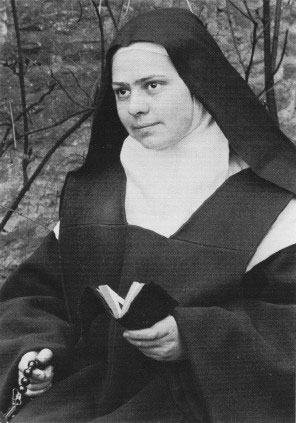Podcast: Play in new window | Download (Duration: 17:34 — 14.2MB) | Embed
Subscribe: Apple Podcasts | Spotify | Amazon Music | Android | Pandora | iHeartRadio | JioSaavn | Podchaser | Gaana | Podcast Index | Email | TuneIn | Deezer | Anghami | RSS | More

Unveiling the Light of St. Nicholas – Advent Reflections with Dr. Anthony Lilles
Dr. Anthony Lilles offers a captivating exploration of the spiritual significance of St. Nicholas through the reflections of Pope Benedict XVI. St. Nicholas, known for his generosity and kindness, serves as a model of Christ’s light, especially during Advent. His actions, rooted in faith and love, reflect the incarnation of Christ, demonstrating the meaningfulness of human life and love.
St. Nicholas’ defense of Jesus’ divinity at the Council of Nicaea highlights the profound truth of God’s love entering humanity. His life of everyday holiness teaches us to bring Christ’s light into the world through acts of charity and selflessness.
Families should honor St. Nicholas during Advent, embracing his virtues through acts of giving and reflection. Traditions like lighting candles symbolize the consuming nature of love and service, tying directly to the saint’s legacy. Even in today’s often commercialized image of Santa Claus, St. Nicholas can remind us of the profound connection between the incarnation and the Eucharist. By incorporating his example into Advent practices, listeners are called to foster hope, joy, and faith in their communities, embodying the true spirit of the season.
Discerning Hearts Reflection Questions
- Faith in the Incarnation: How does your belief in Jesus as true God and true man shape your understanding of human love and the meaning of life?
- Living Generously: In what ways can you emulate St. Nicholas’ everyday acts of kindness and generosity during this Advent season?
- Bringing Christ’s Light: How can you be a source of hope and light in your community, inspired by St. Nicholas’ selfless service?
- Advent as a Time for Almsgiving: What practical steps can you take to incorporate almsgiving and care for the vulnerable into your Advent preparation?
- Recognizing Holiness in the Ordinary: How can you find and reflect Christ’s light in the small, consistent actions of daily life?
- Engaging Family in Faith: How can you share the spiritual legacy of St. Nicholas with your children or loved ones to deepen their Advent experience?
- Connecting Advent to the Eucharist: How does the mystery of the incarnation lead you to a deeper appreciation of the Eucharist this season?
Anthony Lilles, S.T.D., has served the Church and assisted in the formation of clergy and seminarians since 1994. Before coming to St. Patrick’s, he served at seminaries and houses of formation in the Archdiocese of Denver and the Archdiocese of Los Angeles. The son of a California farmer, married with young adult children, holds a B.A. in theology from the Franciscan University of Steubenville with both the ecclesiastical licentiate and doctorate in spiritual theology from the Pontifical University of Saint Thomas Aquinas in Rome (the Angelicum). An expert in the writings of St. Elizabeth of the Trinity and the Carmelite Doctors of the Church, he co-founded the Avila Institute for Spiritual Formation and the High Calling Program for priestly vocations. He also founded the John Paul II Center for Contemplative Culture, which hosts symposiums, retreats, and conferences. In addition to his publications, he blogs at www.beginningtopray.com .



